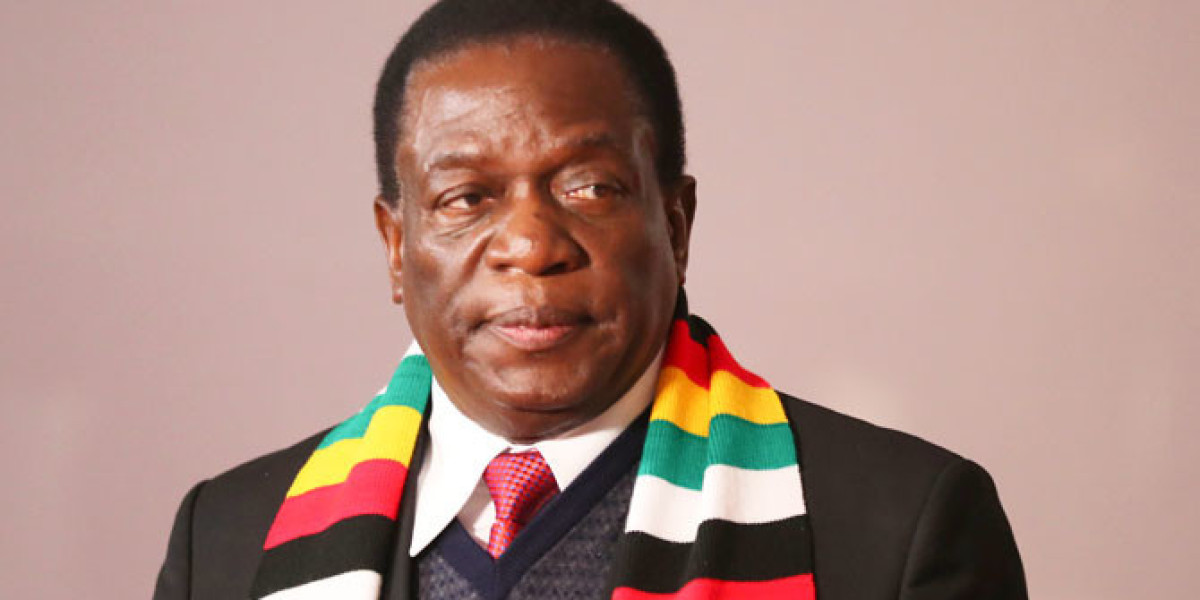Subscription broadcasting services (SBSs) must carry specific channels from the public broadcaster. The recently gazetted changes stipulate that the SABC now also has the right to negotiate carriage charges for these channels. Pay-TV providers must carry SABC1, SABC 2, and SABC 3. These channels were previously broadcast on satellite TV platforms like DStv at no additional cost to them. Channels that are optional for pay-TV providers to carry include SABC Sport and SABC Education.
The change comes even though MultiChoice said it had spent millions to carry the SABC’s channels on DStv since 2008, while the public broadcaster has not paid a cent. According to MultiChoice, the SABC generates more than R500 million each year in advertising revenue from its presence on DStv. Icasa decided that the commercial terms for the SABC’s three must-carry channels should be negotiated by public broadcasting services (PBS) and pay-TV licensees without interference from the regulator.
“Payment regarding the transmission of must-carry channels must be negotiated by both PBS and the SBS in terms of section 60(3) of the [Electronic Communications Act]. The PBS has an obligation to serve the public by producing content that is in the public interest,” it stated. Under current regulations, pay-TV providers like DStv must broadcast the public broadcaster’s free-to-air channels to help the SABC with its mandate of keeping South Africans up to date on important information.
Because of this, they are not required to pay the SABC for the content and must only cover the costs associated with carrying the channels. The SABC now wants MultiChoice to pay for its content and believes its channels are attractive for DStv subscribers. SABC CEO Madoda Mxakwe stated that “having the public broadcaster and public funds partially funding the largest television broadcast business on the African continent” (DStv) is not viable. However, MultiChoice’s executive for corporate affairs, Collen Dlamini, refuted this.
He explained that while MultiChoice supported rational must-carry obligations in the public interest, it was against regulations that would force subscription TV services to pay for such channels. “The practical effect is to compel subscription broadcasters to use their programming budget to pay for must-carry channels without having any choice about whether it wants those channels, and even if it does not wish to carry them, does not consider that it obtains material value from them and does not agree to this in negotiations,” he said. Dlamini had also previously said that the Must Carry, Must Pay policy wouldn’t be permissible as a matter of law and be unconstitutional and invalid.








